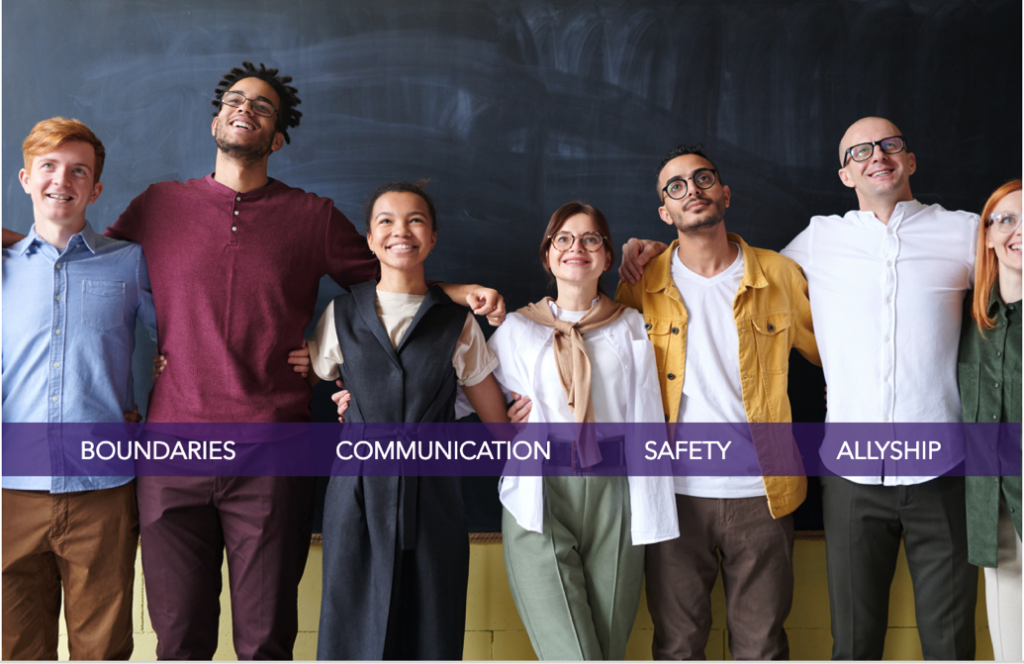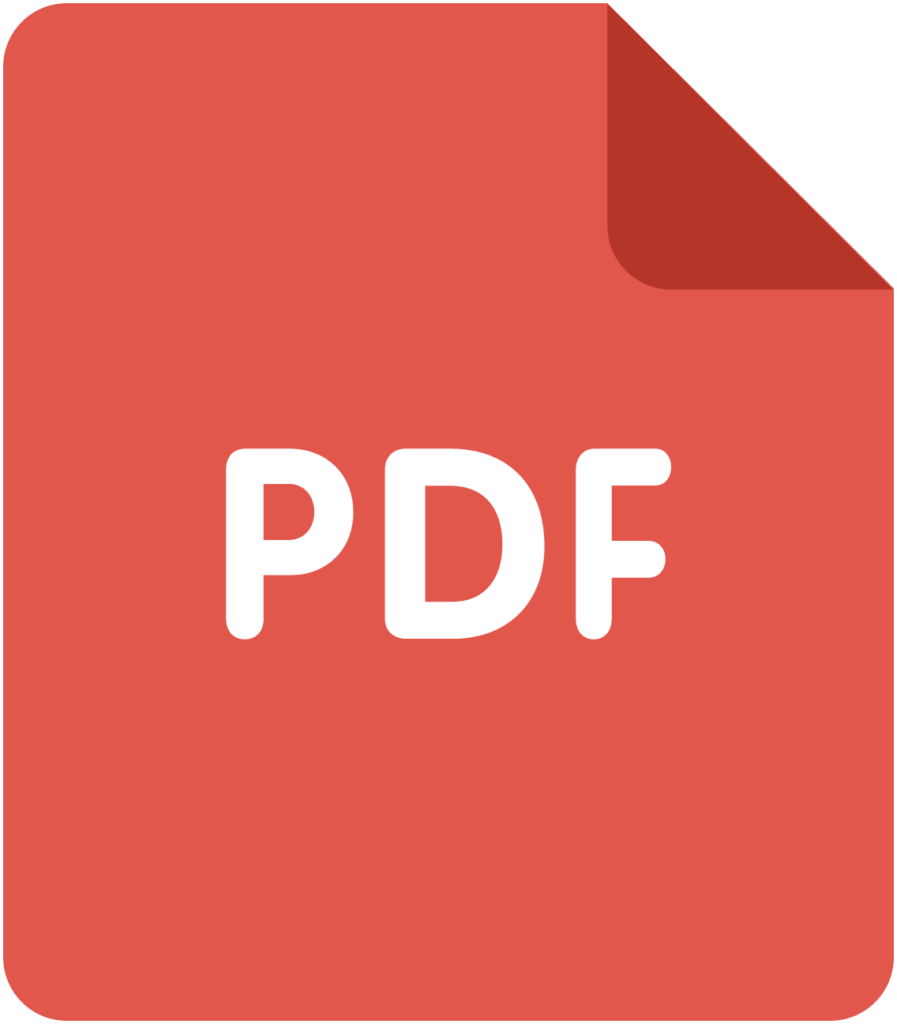Overview
Prepare’s Professional Development workshops focus on boundary-setting, clear communication, verbal and physical safety skills, and allied behavior with immediate applications in and out of the office. All workshops are customizable and include dynamic role-plays, group discussion, and individual rehearsal of concepts one-on-one with highly trained facilitators. Contact Us to learn more.
Download Professional Development Workshops Brochure
The 7 Strategies Of Predators and Manipulators
1.5 – 2 Hours
$1200, maximum 40 Participants
Predators and manipulators influence us to act against our own best interests using the same types of persuasion strategies. Learn how to identify when you are being targeted and the social science behind why these strategies work so well. Practice intercepting these persuasion strategies using respectful and low drama boundary-setting scripts that clearly communicate limits and preferences for how you want and deserve to be treated.
GOALS:
- Decrease vulnerability to manipulation and being “set up” –- whether it be a stranger, a family member, or friend.
- Increase capacity to address uncomfortable situations and protect one’s emotional integrity and safety.
- Develop new communication scripts to have challenging conversations in a calm and focused way.
- Rehearse setting boundaries in role-playing scenarios (with the instructor). Role-plays are based on both instructor and participant generated context, customized for the workshop attendees.
- Address how to modulate and strengthen your message with verbal and non-verbal elements of communication.
Interactive Boundary Setting and Communication: Responding to Micro-aggressions, Direct, and Indirect Aggression
3 Hours
$1500, maximum 16-20 Participants
Managing boundaries at work and in one’s personal life is a crucial life skill. Boundary intrusions can range from mildly annoying to problematic to potentially dangerous. We all deserve to be treated with respect — but when people step over the line it is not always easy to respond confidently and calmly to protect one’s emotional or physical integrity.
GOALS:
- Empower the workforce to create a set of agreed upon strategies to address boundary violations.
- Reinforce a safe and respectful workplace environment as a core value of the company.
- Practice and refine skills to speak up for oneself or others (allied behavior).
- Understand and acknowledge the challenges to setting boundaries, including relative power, potential consequences, and the need to maintain a professional and/or personal relationship (social context).
- Learn to read signs of manipulation and coercion.
- Discuss and rehearse possible levels of response and options for when and where to address boundary violations.
The workshop will first cover theory and then blend practical information together with experiential learning. Participants will have the opportunity to rehearse scenarios in interactive role-plays (with instructors) that examine multiple options for social scripts and boundary-setting scripts, give attention to aspects of nonverbal communication (i.e.: body structure, facial expression, voice), and provide options to manage push back when boundaries are set.
Scenarios will include peer-to-peer interactions as well as situations with people that have more or less positional or social power. Role-plays are based on both instructor and participant generated context and customized for workshop attendees.
What is Consent Culture?
1.5 – 2 Hours
$1200, maximum 20 Participants
In a time filled with #MeToo news, how do we improve the ways to talk about consent and support survivors? Whether you are dating casually or in a committed relationship, talking with and coaching the young people you care about, or engaging in conversations with friends about current events, this workshop will provide new perspectives, information, and assertive communication tools to build a healthy consent culture in the 21st century.
GOALS:
- Learn about the elements of consent, including legal, ethical and moral considerations.
- Include critical topics that are often left out of consent conversations.
- Build understanding for ways in which we can undermine or create a culture of consent.
- Address myths about “false reports.”
- Rehearsal setting boundaries for unwelcome touch – from incidental/accidental to inappropriate or harassing.
Introductory Self-Defense and Personal Safety Workshop
3 Hours
$1500, 16-20 Participants
This workshop introduces participants to the key elements of assessing and managing threat, including threats while traveling for work. This fully interactive and experiential workshop allows each person to practice:
- Reading and interpreting cues to danger – evaluating context, environment, and behavior
- Creating, implementing and modifying action plans such as avoidance, escape, bystander activation, calling 911, verbal resistance, and physical resistance
- Clear communication with body language and nonverbal cues
- Assertive verbal communication strategies
- Distinguishing between instincts, bias and stereotypes
- Physical resistance strategies for physical and sexual assault
- Managing physical and emotional overwhelm
- Considerations for bystander intervention and allyship
Professional Development Workshop FAQ’s
Fundamentals
- External awareness to the environment (where am I, what is happening?)
- Internal awareness to one’s feelings (how does this person/situation make me feel?)
- Threat Assessment (is this situation annoying or dangerous?)
- Accessing external resources (can I find help nearby and/or quickly leave and get to safety?)
- Adrenaline/stress (how can I manage physiological arousal and not “shut down?”)
- Threat Management (what is the best option to keep me safe? can I move to safety, can I verbally set limits or self advocate? Is physical resistance an option?)
- Body Boundaries (how close is someone getting/are they breaching the norms of social behavior?)
- Emotional Boundaries (how is someone “pushing my buttons” or manipulating me?)
- Communication skills (how can I use words and nonverbal communication to say what I mean clearly and powerfully?)
- Bystander Intervention (can I find a way to stand up for others?)
- Allied Behavior – Can I find a way to stand up for others?
Stories from Prepare Clients
International journalism
An organization that supports journalists engaged Prepare to train people travelling to destabilized regions to be able to better manage the day-to-day challenges and worst-case scenarios encountered in conflict zones.
Social workers
A large trauma services agency hired Prepare to help their social workers manage home visits. The goals were for social workers to see the early warning signs that the visit was non-productive and/or potentially dangerous. Exit strategies, verbal de-escalation, boundary setting, together with rehearsal for worst-case scenarios were the focus of this program series.
Support staff
A legal services agency worked with Prepare to ready their support staff for agitated clients and their families. Using the reception area as the setting, support staff rehearsed various strategies to manage individuals and families in crisis.
Marketing agency
In addition to general personal safety, a marketing company wanted Prepare to help staff communicate more clearly and respectfully in a high stress environment. The goal was team building between client services and project managers.
National magazine
To support a lagging sales department, Prepare was hired to jump start morale and sales results and to get folks to “think out of the box.” Independent thinking, taking charge of one’s own success, and performing out of one’s comfort zone were the goals of this program.
Summer youth program
Empowering staff to create positive communication protocols was the focus for this workshop. Staff learned from Prepare to give and receive feedback and to set clear boundaries respectfully. That, in turn, enabled staff to communicate more effectively with each other, and with the youth in their care.
Loss prevention department
A major retail chain had these objectives: to shift security from behaving reactively to being proactive, to incorporate more negotiating skills, to reduce physical confrontations, and to strengthen problem solving skills.
Benefits
Participants and employers are often amazed by the positive effects that a course like ours can have. Since the human response to fear, crisis, challenge or stress is a rush of adrenaline, we teach using real life scenarios that allow participants to feel what it is like to experience the adrenal state and to grow more acclimated to functioning effectively while adrenalized.
Although the physical safety skills are often the highlight of our program, our classes cover more than just how to stay safe or how to intervene in a confrontation. Learning how to listen carefully, think clearly, problem-solve, and give direction under high levels of stress is much more difficult while in this adrenal state.
We help participants recognize how to apply these skills in work situations. Participants tell us they feel more confident, relaxed, and prepared to handle challenges and stress with more poise and grace. Our graduates often report that they bring the same feeling of safety, empowerment, and communication skills from their Prepare training into their daily personal and professional lives.
Some of the positive effects of Prepare training for employees include:
- ability to handle stress
- increased patience and tolerance of colleagues
- improved confidence and self-esteem
- motivation to handle new and challenging work
- ability to provide clear and complete direction and feedback
- creative and flexible problem solving
- leadership development
- greater general awareness




